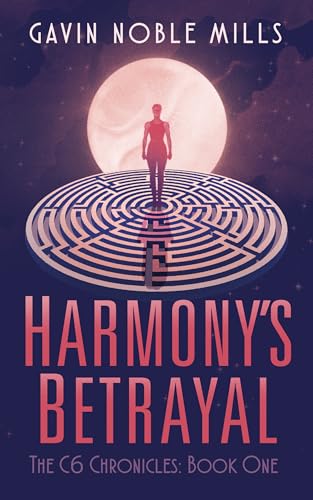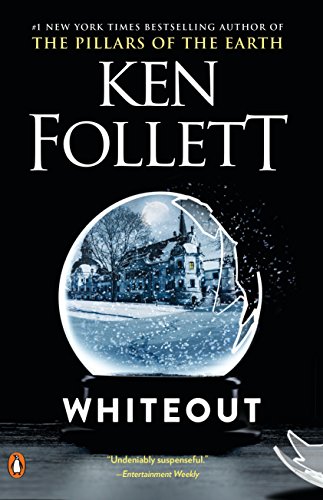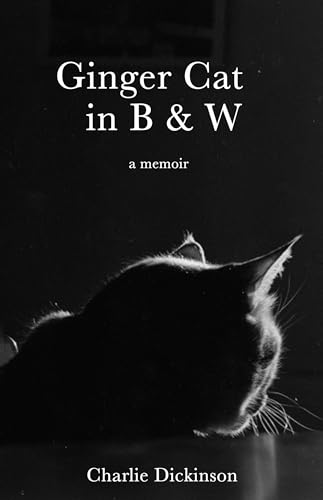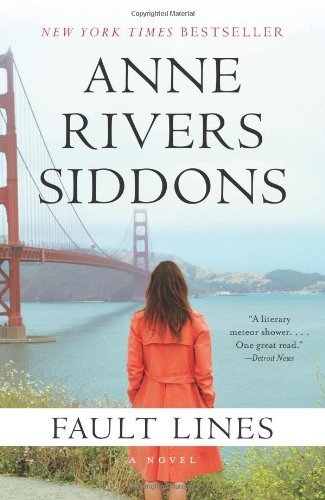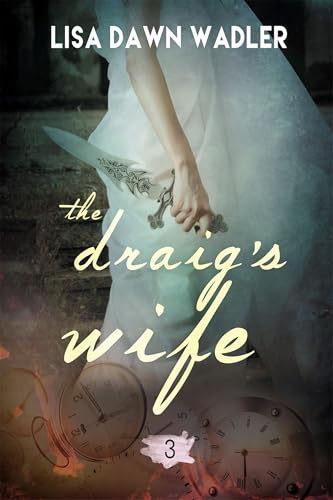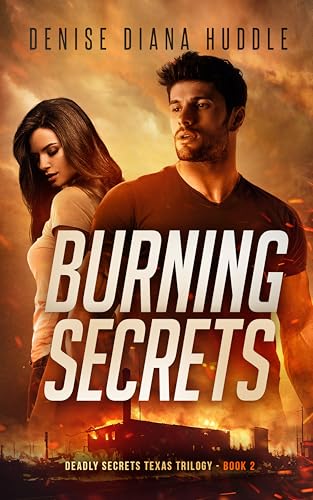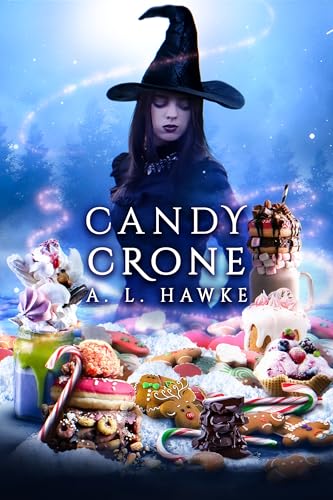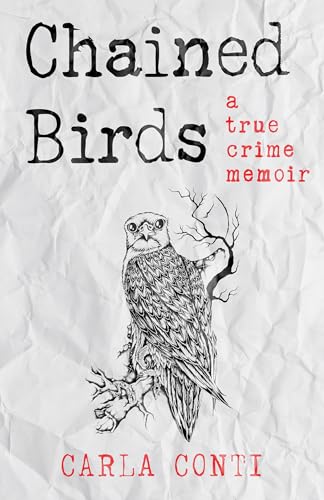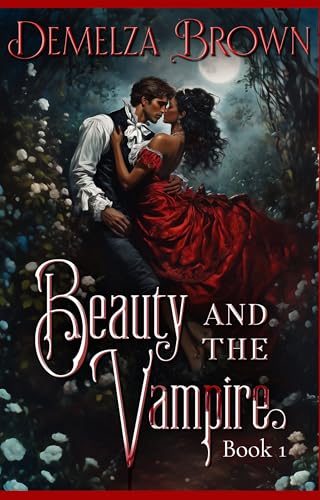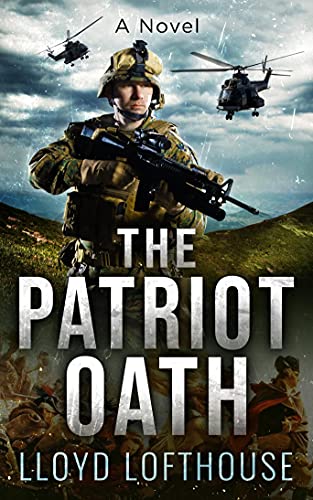In today’s Publetariat Dispatch, author and small publisher Alan Baxter muses on the experience of finishing a new manuscript. Note: this post contains some strong language.
Novels are like lovers – you only pick the ones you think you’ll like, but no two are really the same. Sometimes they’re just awesome and make you feel special. Sometimes they let you down. Often they can surprise you, make you feel a whole range of emotions. And when it’s over, you sometimes wish it could go on forever and other times you’re glad, because it started to feel like more work than it was worth. Or you’re satisfied and it lasted just as long as it was supposed to.
And I’ll stop there before my analogy disappears up its own arsehole. The thing is, it occurred to me today that this applies to writing novels as well as reading them. I’m currently around 94,000 words into my third novel. I’ve written numerous short stories, a couple of novellas and now I’m close to typing those strange words – The End – on my third novel length work. Novels are certainly unique creatures and while many bear similarities, just like lovers, no two are the same. And no two writing processes are the same either.
I’m still very much a journeyman writer. Perhaps when I get to that stage where I’ve written loads of books I’ll have developed some kind of process that’s familiar and practiced, but there’s a part of me that hopes that never happens. I like the excitement of taking on a new project and if it all started to feel the same I might lose the urge.
RealmShift was the first novel I wrote. Not the first one I started, not by a long way. I’ve written varying amounts of several novels. But it was the first one I finished and knew was a real novel. It went through many more redrafts and rewrites before it was published, of course, but I remember the feeling of reaching the end of that manuscript. I remember the feeling of writing it, feeling the story pouring out, astounded at how it was telling itself. Other times I struggled, trying to make something work. But there was a distinct vibe to writing RealmShift. I knew the main character inside out, I knew the mission he was on, but I wasn’t entirely sure how it was going to end until I got there.
My second book is MageSign, the sequel to RealmShift. When I started writing that I knew exactly how it was going to end. The final climax was the entire reason for writing it, but I wasn’t sure how to get there. I had lots of notes and plans written, but there were huge gaps that I trusted myself to fill as I got to them. Which I did. There was a distinct vibe to writing MageSign too, and it felt very different to RealmShift.
Now I’m close to finishing the first draft of my next book. It’s the same “world” as RealmShift and MageSign, but a whole new story with all new characters. There are a couple of cameos from key players in the first two books, but that’s mainly for the geeky fun of it. This book feels very different again. Where RealmShift grew from the main character, and MageSign grew from the final climax, this one has grown from a strange and weird concept. The concept led me to develop a main character and that subsequently led to the story. It feels quite different to either of the previous two.
I wanted to write something different. My books are dark fantasy thrillers, and this new one is too, but with a slightly different feel, a different pace. I’m playing with different archetypes, different character relationships and a pervading sense of dread rather than a flat out race against time. And it’s been a struggle. This story has been harder to get out than either of the previous two. A lot harder, in fact. That’s not because it’s more complicated. If anything, it’s a simpler concept than either of the previous two, with fewer key characters. I don’t know yet if it’s any good. I think it’s awesome, but you always feel like that with a new lover. Hopefully I’ve written something better than ever, less predictable, more nuanced. The fragile, insecure writer in me wonders if I’ve blurted out a pile of shit.
When I finish a novel, I immediately go through it again, sorting out all the little issues that occurred to me along the way, that I made notes about as I wrote. Sometimes something will happen later in the book that means I need to change something near the start. Or I’ll have a better idea and need to rework something. Then there are all the little bits and pieces that I can weave in here and there to make the whole story arc flow seamlessly, and often some of those things can only be added later, when you know exactly how it all ends.
After that, assuming I don’t decide I need a complete rewrite (pleaseno!), the next stage is to put the book away for at least a few weeks. I’ll write other things in that time. I have a couple of short stories clamouring to be written and I want to write the next Ghost Of The Black novella. Then I’ll go back to this novel and redraft again. That’s when I’ll really get a feel for what I’ve created.
Only time will tell. Regardless, I’m very close to the end of actually writing it, as opposed to revising it, and some time in the next couple of weeks (I hope) I’ll type those two fateful words. The End. Then I’ll sit back in my chair staring at a completed manuscript. I suppose I’ll have to brace myself and, after the process described above, send it out to the beta readers and see what they have to say.
I wonder how other writers do it? If there process is anything like mine?
Anyway, it’s another novel, like the others I’ve written in so many ways. It’s the kind of thing I think I’ll like. At times it made me feel special and awesome. I really hope it doesn’t let me down… or would that be me letting it down?
This is a reprint from Alan Baxter‘s The Word.

